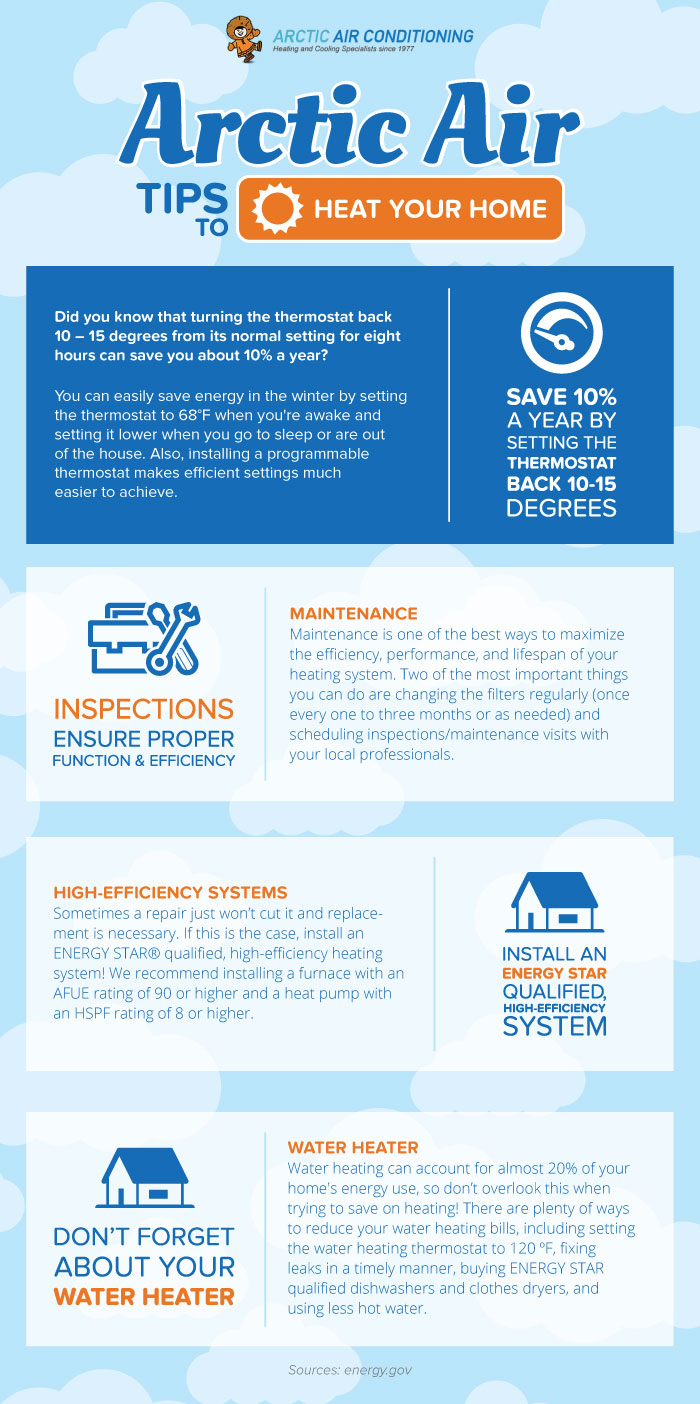Discovering The Ecological Benefits Of Warmth Pumps - A Sustainable Home Heating Option
Discovering The Ecological Benefits Of Warmth Pumps - A Sustainable Home Heating Option
Blog Article
Produced By-Cox Otto
In an era where sustainability and power efficiency are vital, several companies look for green home heating remedies. please click for source is the heat pump.
A heatpump extracts the warmth in its environments and pumps it right into your home, resulting in one of one of the most effective eco-friendly main heating systems around. This process likewise produces zero greenhouse gas emissions, making it a very lasting innovation.
Energy Performance
Heat pumps are really power efficient and call for little upkeep. They use less electrical energy than other heating unit and are without a doubt one of the most environmentally friendly. They function well with rooftop solar and can typically pay for themselves in utility cost savings alone.
They can additionally supply air conditioning, which is wonderful for garage workshops, attic room hangouts and benefit rooms, and home additions without prolonging the existing ductwork. They can even be used for retrofits in existing homes with hydronic (water-based) circulation systems such as low temperature level radiators or glowing floorings.
Look for designs with SEER and HSPF ratings that fulfill or go beyond Canada's minimum standards, along with the requirements in your region. Greater rankings suggest greater effectiveness, which saves you money over time and lowers your carbon footprint. You may even get approved for refunds and motivations! The very best units are those with a ground heat exchanger for included performance. These devices can absorb thermal energy from the ground during the wintertime and essence it in the summer.
Reduced ventilation systems installation christchurch run on electricity and essentially move warm from the air, also when it's chilly exterior. They are able to draw out the complimentary heat trapped in air bits and move them inside, lowering humidity while doing so.
Compared to gas furnaces, modern-day heatpump utilize less than one kilowatt of electrical power per kilowatt of heating power they generate. This makes them one of the most power reliable home heating choice readily available with a POLICE OFFICER (Coefficient of Performance) of four or even more. By reducing the demand for fossil fuels, heat pumps help in reducing greenhouse gas discharges and cut various other major air toxins.
Building decarbonization is an international imperative, and the HVAC market is an essential chauffeur of that procedure. Whether it's investor making web no commitments, policy makers setting emissions restrictions, or occupants requiring greener spaces, electrical heatpump are being recognized as a crucial service. They are a cost-efficient way to decrease carbon emissions by removing the need for nonrenewable fuel sources in structures.
Versatility
Heat pumps can be used in several kinds of homes and structures-- with or without air ducts. They work with hot-water radiators, air-conditioning and programmable thermostats. They can change furnaces or be installed in new residences. They can operate on photovoltaic panels, geothermal systems or even area home heating resources like wastewater.
They're fantastic at providing more heat per power unit. For instance, an air-source heat pump creates approximately three or more heating devices from each electrical energy unit it eats.
Obtaining the most from your heatpump will depend upon your environment area and quality of insulation. Look for models with ENERGY STAR rankings and contrast their SEER or HSPF specs. In warmer environments, focus on SEER; in cooler regions, think about a system with a greater HSPF rating. In addition, invest in air sealing and insulation to decrease the tons on your heat pump. That will enhance energy effectiveness and aid you reach your Web Zero objectives faster.
Biomass Boilers
Biomass boilers use wood pellets, chips or logs to create warm and hot water. They are a great choice for off-grid residential or commercial properties or those who want to get off the gas grid.
As a standalone heating system, biomass can offer enough power to maintain your home cozy throughout the year without the common warm drop off of other eco-friendly modern technologies. They can also be made use of together with solar panels to increase cost savings and gain from RHI repayments.
A downside of these systems is the in advance cost and regular gas shipments. Typically, pellets will require to be blown right into a fuel store making use of a vacuum cleaner system or they can be by hand fed into the central heating boiler through a hopper. Logs are commonly self-sourced from neighboring woodland or purchased wholesale. In addition to this, they need hands-on loading and may require cleansing on a regular basis.